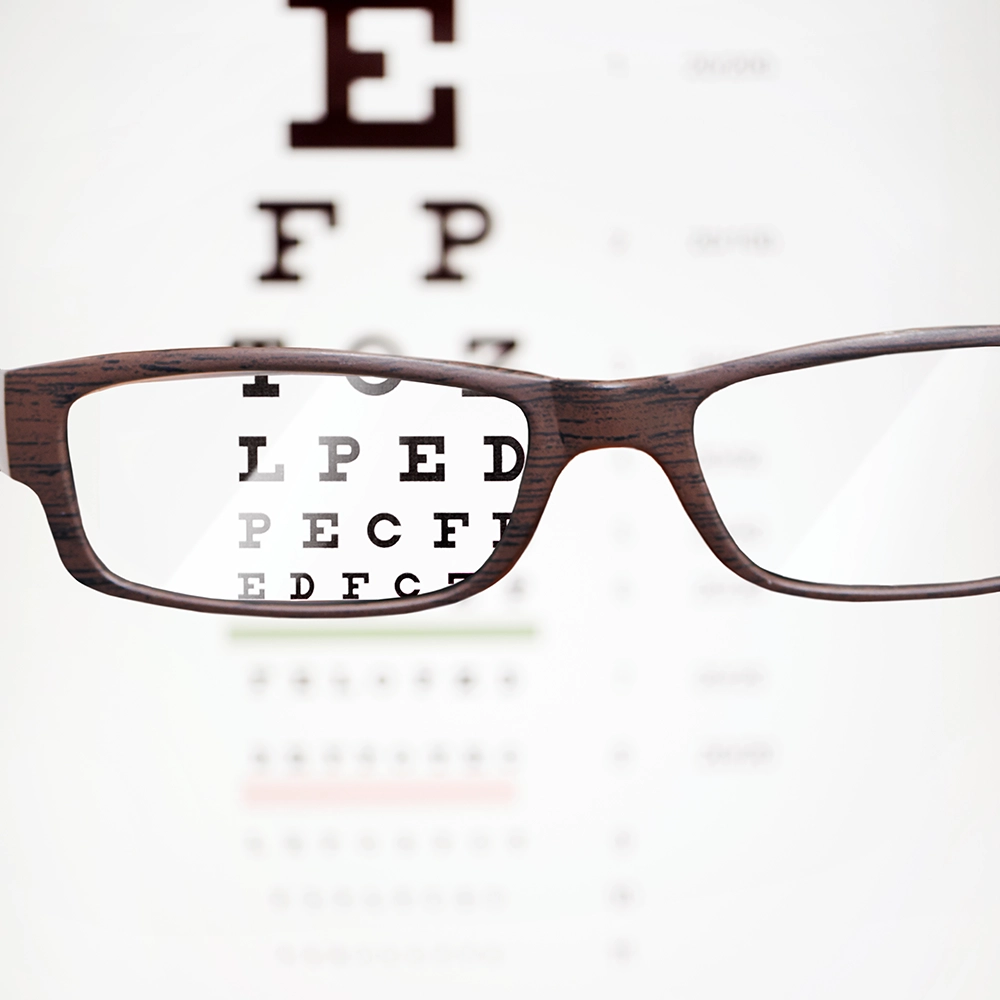
Table of Contents
ToggleWhen it comes to medical care, your primary care doctor is the one you turn to for routine check-ups and day-to-day concerns. But sometimes, your doctor may refer you to a specialist, such as a neurologist. A neurologist is a doctor who specializes in diagnosing and treating disorders of the nervous system, including the brain, spinal cord, and nerves. If you’ve been referred to a neurologist, you may be wondering why.
Here are six common reasons why your doctor may have sent you to see a neurologist:
If you’ve recently experienced changes in your vision, such as blurriness, double vision, or blind spots, your doctor may refer you to a neurologist. These changes could be caused by various conditions, including optic nerve damage, stroke, or multiple sclerosis.

If you’re having difficulty speaking or swallowing, it could be a sign of a neurological condition, such as Parkinson’s disease, ALS, or multiple sclerosis. Your doctor may refer you to a neurologist for further testing and evaluation.
If you’re having difficulty speaking or swallowing, it could be a sign of a neurological condition, such as Parkinson’s disease, ALS, or multiple sclerosis. Your doctor may refer you to a neurologist for further testing and evaluation.

Uncontrolled movements or tremors can be caused by several conditions, such as Parkinson’s disease, essential tremor, or dystonia. A neurologist can help diagnose the cause of these symptoms and provide treatment options.
If you’re experiencing severe headaches or migraines that are not responding to over-the-counter or prescription medications, your doctor may refer you to a neurologist. A neurologist can help determine the cause of your headaches or migraines and develop a treatment plan to help relieve your symptoms.
If you have a family history of neurological disorders, your doctor may refer you to a neurologist for further evaluation. A genetic evaluation may be recommended to determine if you have a genetic predisposition to any neurological disorders. This can help your doctor provide the best course of treatment for you.
For more information on this, read Why Do Neurologists Ask About Family Health History?

If you’re experiencing any of the symptoms related to these conditions, your doctor may refer you to a neurologist for further evaluation and treatment. It’s important to follow your doctor’s advice and get the help you need to ensure a happy and healthy life.
At Long Island Neuroscience Specialists, we are the top doctors for brain and spine surgery. You are in the right place if you need the best spine and brain surgeons, who are dedicated to providing the latest minimally invasive procedures and pain medicine services. For a better understanding of all the variables that might affect your spine surgery costs,please call us and schedule a free consultation. We love helping out and giving the best information possible.
GET IN TOUCH +
285 Sills Road
Building 5-6, Suite E
East Patchogue, NY 11772
(631) 475-5511
184 N. Belle Mead Road
East Setauket, NY 11733
(631) 675-6226
GET IN TOUCH +
285 Sills Road
Building 5-6, Suite E
East Patchogue, NY 11772
(631) 475-5511
184 N. Belle Mead Road
East Setauket, NY 11733
(631) 675-6226
SUBSCRIBE TO OUR NEWSLETTER +
Send us a Google review. Click this link and let us know how we did!
Review us on Yelp too.